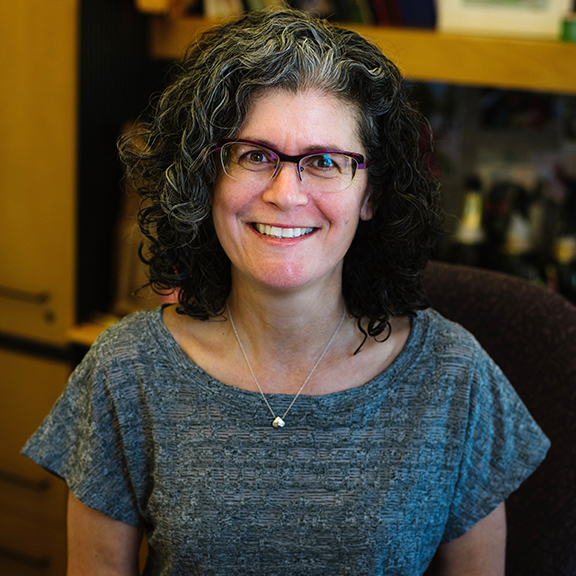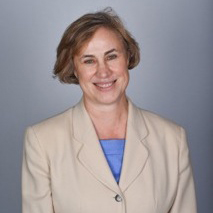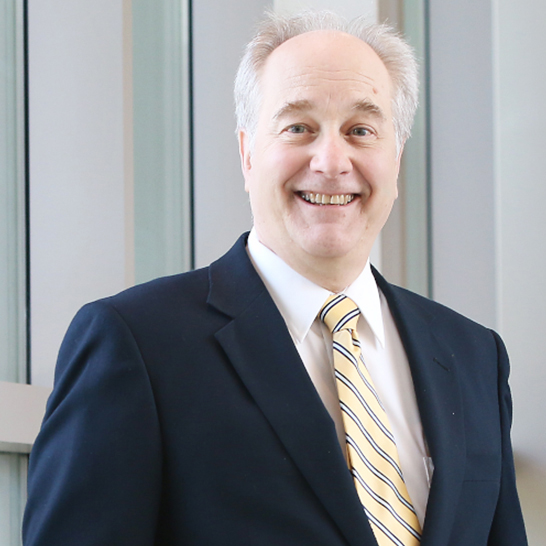From ASM Microbe 2019 in San Francisco, Vincent speaks with Victoria McGovern, Carl Nathan, and Dan Portnoy about advancing human health through innovative collaborations.
The TWiM holobionts pay tribute to Stuart Levy, and reveal the remarkably diverse array of cyclic nucleotides synthesized by bacteria that likely mediate interactions with animal and plant hosts.
The tetracoccal TWiM team visits Tardigrades on the Moon, and the twelve year quest to isolate an archaeon that provides insights into the emergence of the first eukaryotic cell.
Vincent meets up with Nick and Tal to explain how they engineered E. coli to lyse within tumors and deliver an antibody that causes tumor regression in mice.
The TWiM team reveals thousands of small novel genes in the human microbiome, and a mutualistic symbiosis between marine protists covered with magnetosome-containing bacteria.
Julie joins the TWiM team to reveal how microbiome and gut anatomy of a wood-feeding beetle promotes lignocellulose deconstruction, and bacteria that degrade PET plastic.
Mark Martin joins Vincent and Michael to present compelling papers suitable for teaching microbiology to undergraduate students.
Vincent, Michele, and Michael travel to San Diego to reminisce with Elio about his career, his work in microbiology, and his love for microbes and mushrooms.
From ASM Microbe 2019, the Microbials meet up with Susanna and Alex to talk about mental health in graduate school and NIH peer review.
The TWiM team presents an extracellular bacterium associated with Paramecium, and induction of antiviral immunity by a bacteriophage that prevents bacterial clearance.




